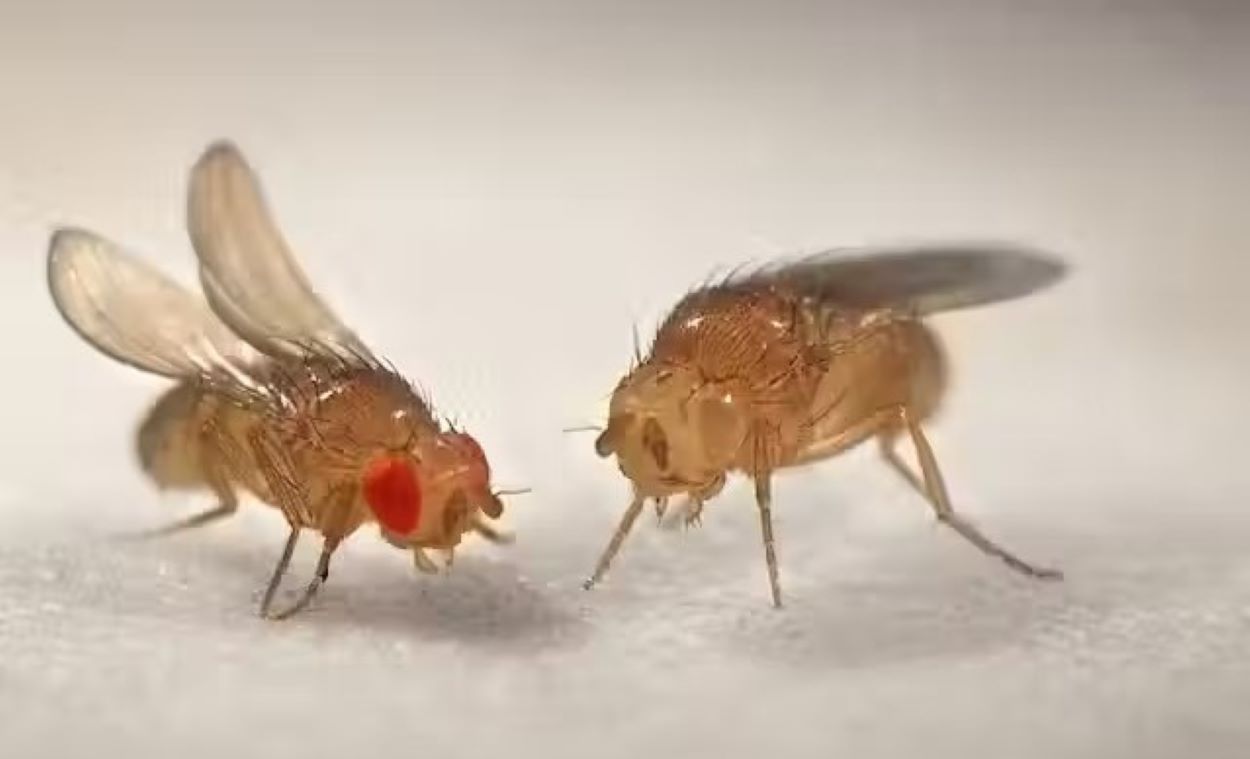Pakistani biologists have achieved a groundbreaking feat by sequencing the first-ever genome draft of an insect, a small fly crucial to global medical research. This work was conducted at the Fly Research Lab and Stock Center within the College of Biotechnology at Dow University of Health Sciences (DUHS), led by Dr. Mushtaq Hussain.
Dr. Hussain’s team developed a mutant Drosophila from Pakistan and undertook its genome sequencing. Known as the “Cinderella of Genetics,” Drosophila melanogaster shares 60% of its genetic makeup with humans, including 75% of disease-related genes. This makes it an invaluable model for studying human disorders and testing new drugs.
Discovery and Development of ANU-1
Recently, the lab published the complete genome draft of a Pakistani-origin Drosophila named ANU-1. This project began with a discovery by Anusha Amanullah, a postgraduate student under Dr. Hussain’s guidance. In September 2021, she identified a mutant fly, notable for its absence of the typical red eyes, instead displaying white eyes.
This discovery led to targeted breeding and genetic studies of this mutant, which Dr. Hussain and Anusha named ANU-1. Her pioneering work led to a fully-funded PhD scholarship at Oxford University.
Anusha highlighted the significance of this research, “The availability of the complete genome draft opens new horizons for modelling human diseases with Indigenous fruit fly strains using gene-editing tools.”
This significant scientific achievement not only places Pakistan on the map of genetic research but also highlights unique genetic variations in the Drosophila genome. Compared to traditional mammalian models, Drosophila’s economic and ethical advantages for research, particularly in neurodegeneration studies, are profound.
This initiative promises to foster a new research niche in Pakistan, enhancing the country’s capabilities in scientific research and opening up possibilities for significant economic benefits from genetic discoveries.






